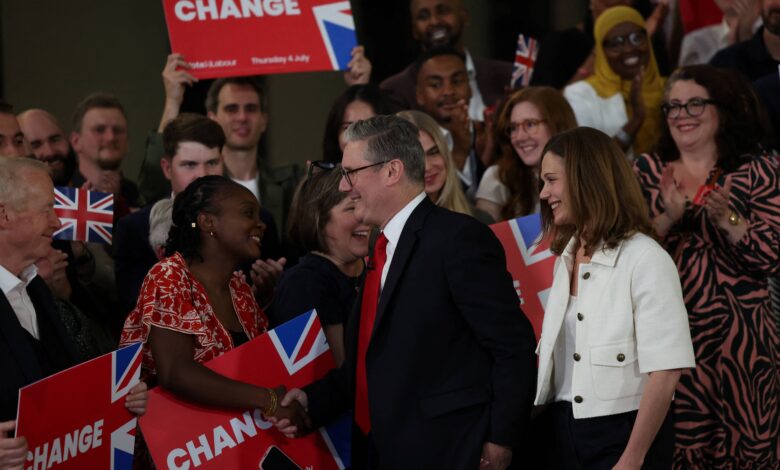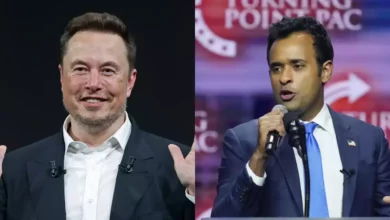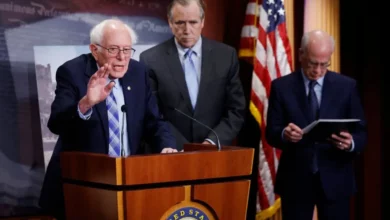
Keir Starmer dramatically won the UK general elections, marking the end of 14 years of Conservative Party rule. However, he has the herculean task of rebuilding the devastated relationship between the Labour Party and India, the rising world superpower and Britain’s strategic partner.
Earlier, the Labour Party led by Jeremy Corbyn was criticized for the party’s position on the Kashmir issue, which was considered different from the official position of the British government on the issue, saying that it is between India and Pakistan.
The party had adopted a resolution a year before demanding that the international community be allowed to enter Kashmir along with demanding a referendum for its people in a similar fashion to what the UN granted to Algeria in 1962, which was heavily criticized by the Indian Establishment as an effort to “appease vote bank.”
Aware of the importance of re-establishing relations with the world’s fastest-growing economy, Starmer has demonstrated great efforts to solve the mistakes made before.
In his platform, he has promised to seek a renewed special relationship with India, stressing pragmatic aspects like trade and, more especially, information technology, security, education, and the environment.
Starmer has not delivered any ambiguous message regarding Kashmir to the British-Indian community nor in his public speeches; he was quite unambiguous while stating that the matter of Kashmir is between Indians and Pakistanis and should be dealt with through peaceful means.
He has also tried to come ‘clean’ on issues that were anti-Hindu, like Hinduphobia, and promoting Indian festivals such as Diwali and Holi in an attempt to mend relations with the British Indians.
This policy shift is one of the major components of Starmer’s more significant foreign policy doctrine, which has been described as “progressive realism. ” The Labour Party’s electoral platform has focused on practical measures across global issues, including climate emergencies, geopolitical security, and building strategic partnerships with India.
Before Starmer formalizes his position as Labour’s leader, nurturing the party’s rapport with India will remain on the list of his first assignments.
The success or failure of this mission will not and has not gone unnoticed. It will have important implications for the United Kingdom’s geopolitical stance and its economic and diplomatic potential.



